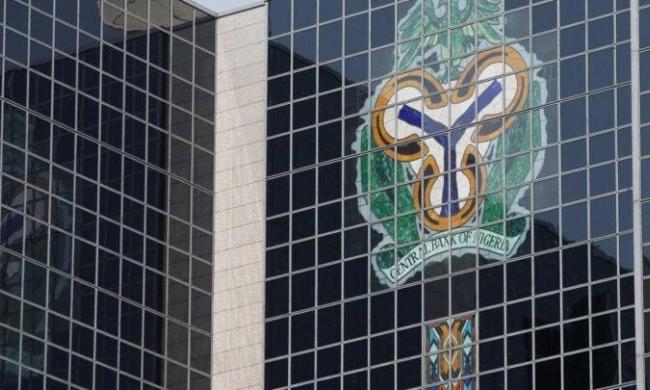
A group of former Central Bank of Nigeria (CBN) employees has taken the apex bank to the National Industrial Court, challenging their recent termination and demanding N30 billion in damages.
The affected staff, who were part of a mass layoff, filed their suit on July 4, 2024, under the NICN Civil Procedure Rules 2017. They are questioning the legality of their dismissal and alleging that their constitutional right to a fair hearing was denied. They claim that the CBN violated internal policies, Nigerian labor laws, and their contractual rights during the termination process.
According to the plaintiffs, their termination letters—issued under the guise of “Reorganisational and Human Capital Restructuring”—were arbitrary, illegal, and unconstitutional. They are seeking a court declaration to nullify the dismissals and reinstate them.
The claimants, including Stephen Gana, Kabiru Idris, and 30 others, are represented by lawyer Okwudili Abanum in a class action lawsuit. They argue that the termination process breached the CBN’s human resources manual and Section 36 of the Nigerian Constitution, which guarantees fair hearing. They further allege that the restructuring process lacked consultation and due process as required by law.
In addition to seeking reinstatement and payment of salaries and benefits from the date of termination, the plaintiffs are demanding N30 billion in general damages for psychological distress, hardship, and reputational harm. They are also seeking an additional N500 million to cover legal costs.
During the first mention of the case on November 20, 2024, Justice O.A. Osaghae of the National Industrial Court urged both parties to explore an amicable resolution in line with Section 20 of the National Industrial Court Act, 2006. However, the CBN, represented by a legal team led by Inam Wilson, has filed a preliminary objection to the suit, which is scheduled for hearing on January 29, 2025.
In contrast to the claims of the aggrieved staff, the CBN Governor, Olayemi Cardoso, stated that the employees left voluntarily under an Early Exit Programme. Speaking during an investigative hearing by the House of Representatives ad-hoc committee, Cardoso, represented by Deputy Director of Corporate Services Bala Bello, clarified that the programme offered full benefits and was part of the bank’s restructuring efforts to enhance organizational performance.
The case continues to draw attention as the plaintiffs challenge the narrative of voluntary resignation, insisting their dismissals were unjust and demanding redress.
For updates, join our WhatsApp channel: https://whatsapp.com/channel/0029VabITrvEAKW7DSkTfP0J